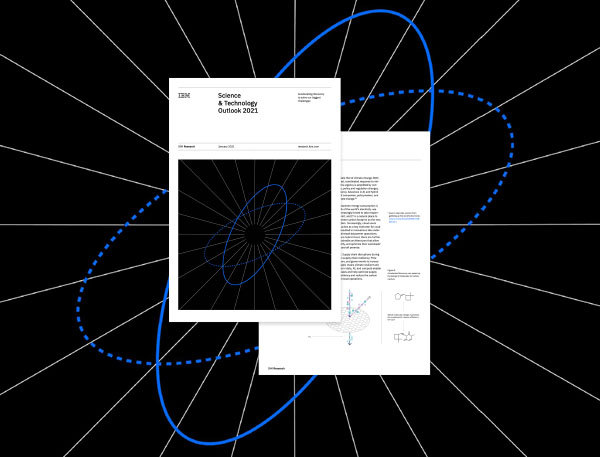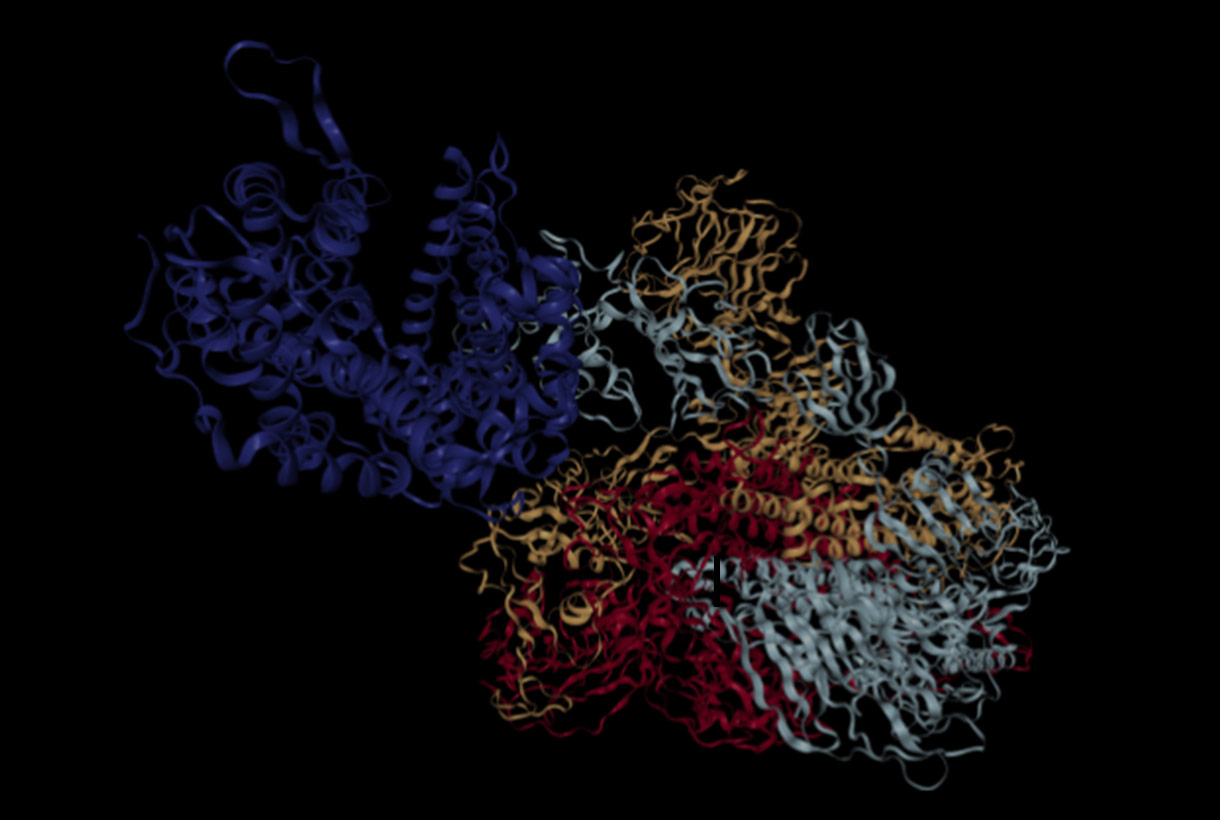What’s Next in Science is accelerated discovery
What’s Next in Science is accelerated discovery
Scientific discovery is driven by two forces: the development of new capabilities, and the relentless tenacity of the world’s sharpest minds.
We see it as our duty to accelerate scientific progress by developing cutting-edge technologies, demonstrating scalable processes, and deploying new models of collaborative innovation.
This is how we will tackle the world’s most pressing issues, together.
Scientific discovery is driven by two forces: the development of new capabilities, and the relentless tenacity of the world’s sharpest minds.
We see it as our duty to accelerate scientific progress by developing cutting-edge technologies, demonstrating scalable processes, and deploying new models of collaborative innovation.
This is how we will tackle the world’s most pressing issues, together.
Featured

Project Photoresist
We used our accelerated discovery process to identify and synthesize a novel photoacid generator in less than a year.

The Urgency of Science
We as a society need to implement scientific thinking at all scales to find new methods and solutions to the world's most pressing challenges.
Workstreams
Supercharging the scientific method
We’re creating novel solutions to supercharge the scientific method, from conducting background research to testing hypotheses and analyzing results.
Building communities of discovery
We’re bringing together the sharpest minds across industry, government, and academia to solve problems collaboratively using our tools and capabilities.
Impacting at scale
We’re applying deep technical expertise to the most pressing global challenges: helping humans live longer and healthier lives, preparing society for the future of work, and mitigating the effects of climate change.
Advancing exploratory science
We’re exploring the unknown reaches of science, from manipulating single atoms, to creating new materials that don’t exist in the natural world, to exploring how biological systems might help improve man-made technologies.
Recent news
Blog

Climate change: IBM boosts materials discovery to improve carbon capture, separation and storage
8-Feb-2021


Read our Science & Technology Outlook
14-Jan-2021

Blog

Boosting our understanding of microbial world with software repurposing
22-Jan-2021

Experiments
Bringing together the Federal government, industry, and academic leaders to provide access to the world’s most powerful high-performance computing resources in support of COVID-19 research.
IBM RXN for Chemistry is a state-of-the-art neural machine learning translation tool that can predict the most likely outcome of a chemical reaction using neural machine translation architectures.
IBM Research is using robust generative AI frameworks to create novel molecules and drug candidates based on multiple constraints.
Featured publications
| Date | Content | Title | Journal / Venue |
|---|---|---|---|
| March 2021 | Paper |
PaccMannᴿᴸ: De novo generation of hit-like anticancer molecules from transcriptomic data via reinforcement learning |
iScience |
| March 2021 | Paper |
Accelerating antimicrobial discovery with controllable deep generative models and molecular dynamics |
Nature |
| Feb 2021 | Paper |
Data-driven Molecular Design for Discovery and Synthesis of Novel Ligands - A case study on SARS-CoV-2 |
MLST |
| Jan 2021 | Paper |
Mapping the space of chemical reactions using attention-based neural networks |
Nature Machine Intelligence |
| Dec 2020 | Paper |
Corpus processing service: A Knowledge Graph platform to perform deep data exploration on corpora |
Applied AI Letters |
| July 2020 | Paper |
Molecular Inverse-Design Platform for Material Industries |
KDD 2020 |
| July 2020 | Paper |
Automated extraction of chemical synthesis actions from experimental procedures |
Nature Communications |


